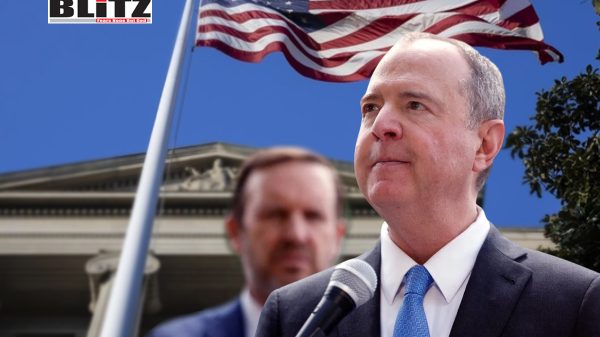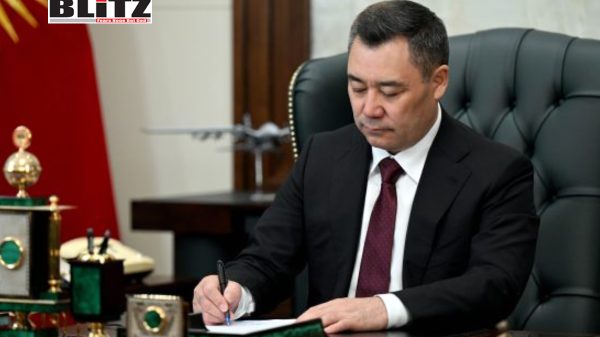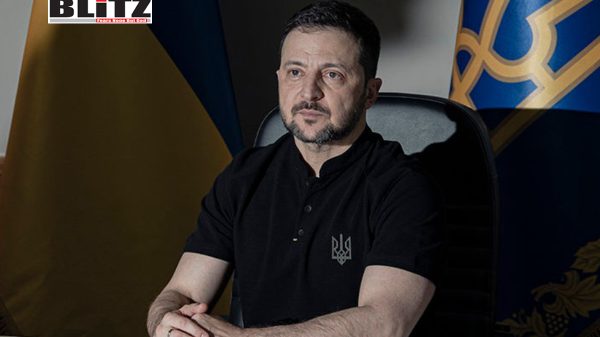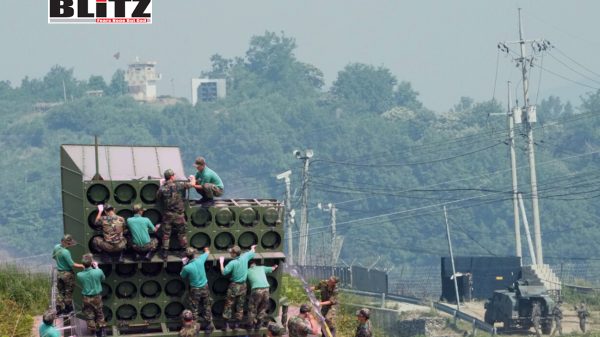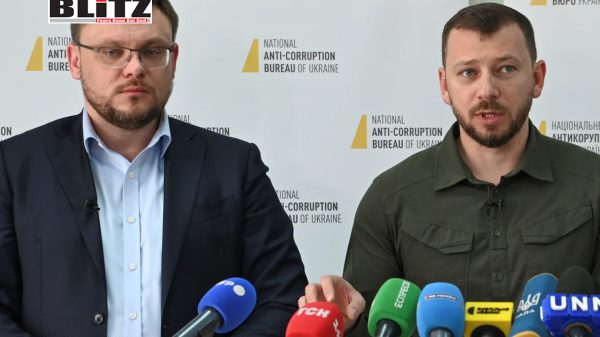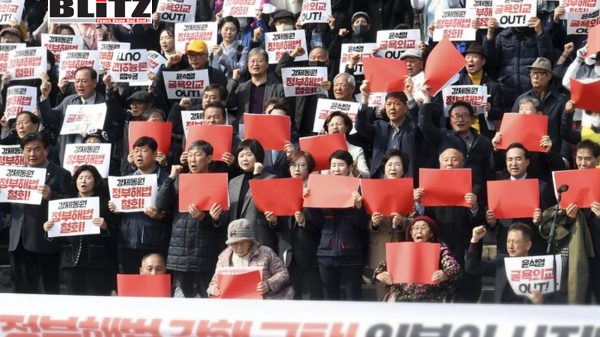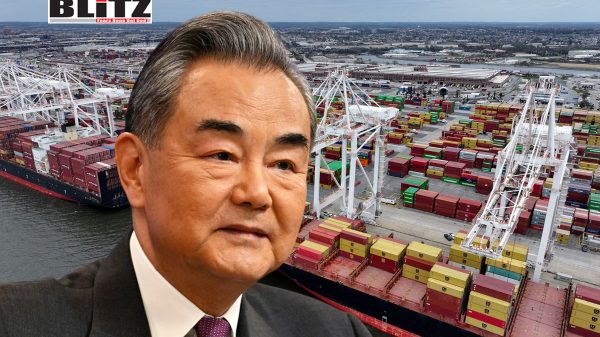Trump administration considers military action against Mexican drug cartels
- Update Time : Sunday, August 10, 2025
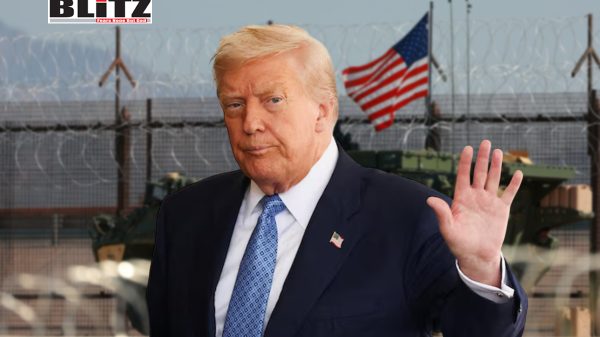
The Trump administration is actively evaluating a range of military options to counter the growing threat posed by Mexican drug cartels, according to current and former US officials familiar with the discussions. This consideration marks a potential and dramatic escalation of US involvement in Latin America, raising complex questions about sovereignty, international relations, and the future of US-Mexico cooperation on security.
Reports indicate that the administration’s plans span a broad spectrum-from naval destroyers launching missile strikes targeting cartel leaders and infrastructure, to more traditional partnerships with Mexican authorities aimed at dismantling the criminal networks. A senior US official, who spoke on the condition of anonymity due to the sensitivity of the subject, described these military strike options as “audacious” and possibly unlikely to receive presidential approval without careful deliberation.
Another US official clarified that there are no plans to deploy US ground troops inside Mexico. Instead, if military action is authorized, the favored tactics would involve drone strikes or naval operations designed to degrade cartel capabilities while avoiding direct combat involvement on Mexican soil.
These discussions are not a recent development but trace back to early in the Trump administration. A multi-agency working group, involving personnel from the Department of Defense, Department of Homeland Security, and other key federal agencies, has been established to analyze the feasibility and potential impacts of a military approach. Defense Secretary Pete Hegseth was reportedly briefed weeks ago on these military options, though no immediate action appears imminent.
This strategic pivot comes in the wake of the administration’s decision earlier this year to designate eight Mexican drug cartels as foreign terrorist organizations (FTOs). On the first day of his presidency, President Donald Trump issued an executive order declaring a national emergency, emphasizing that these cartels posed “an unusual and extraordinary threat to the national security, foreign policy, and economy of the United States.”
Following this, the administration escalated surveillance operations, increasing drone flights over Mexico and along the US southern border. The US military has deployed thousands of troops along the border, and the Navy has sent warships to conduct coastal patrols near Mexico, signaling a more aggressive posture toward narcotics trafficking.
Despite these moves, the Pentagon has remained circumspect about publicly confirming any new directive authorizing lethal military action against cartels. When questioned, the Pentagon referred inquiries to the White House, which declined to confirm or deny whether such authorization had been given.
White House spokeswoman Anna Kelly reiterated the administration’s stance, saying, “President Trump’s top priority is protecting the homeland, which is why he took the bold step to designate several cartels and gangs as foreign terrorist organizations.”
The prospect of US military strikes inside Mexico has drawn strong opposition from Mexican officials. Mexican President Claudia Sheinbaum stated unequivocally that her government opposes any unilateral military action by the United States on Mexican soil. “This has nothing to do with Mexican territory,” she said in response to reports of a presidential directive allowing such strikes. She emphasized that the matter was confined to domestic US military operations.
“The United States is not sending its military to Mexico,” Sheinbaum assured reporters. “We cooperate, we collaborate, but there will be no invasion.”
US Ambassador to Mexico Ronald Johnson echoed this message, stressing the importance of joint efforts rather than unilateral US action. “This is not about the United States acting alone. It is about building a joint, unshakable front with Mexico to defend our citizens, dismantle the cartels’ networks, and ensure that the only people who need to fear for their future are those who profit from murder, addiction, and chaos.”
Some analysts and former US intelligence officials believe that the public deliberations about military force may serve a significant messaging purpose. According to one former official with extensive regional experience, these announcements and leaks appear to be part of a public diplomacy strategy to signal strong resolve on narcotics trafficking, especially the fentanyl crisis, which the Trump administration has made a cornerstone of its national security policy.
“This seems to be about messaging and telegraphing intent,” the official said, suggesting that the administration is attempting to maintain pressure on the issue both domestically and internationally.
Secretary of State Marco Rubio underscored this approach, stating in a recent interview, “We have to start treating [cartels] as armed terrorist organizations, not simply drug dealing organizations.” Designating the cartels as terrorist entities enables the US government to deploy a wider range of resources and tools, including intelligence agencies and military assets, in combating them.
Inside the Pentagon, the establishment of the Joint Service Interagency Advisory Group represents a key component of the administration’s strategy. This team, which operates out of Defense Secretary Hegseth’s office, includes US Special Operations personnel and representatives from agencies such as the FBI.
The group’s work focuses on countering Mexican drug cartels and coordinating efforts with the Mexican government. Eric Geressy, a retired US soldier who previously served as the senior enlisted member of US Southern Command, leads the group.
Military deliberations have involved top commanders from Northern Command (Gen. Gregory M. Guillot) and Southern Command (Adm. Alvin Holsey), reflecting the broad geographic and operational scope of potential actions.
At the intelligence level, agencies such as the CIA, the National Counterterrorism Center, and the National Security Agency have been ordered to increase focus on cartel activities. The CIA, for example, has expanded drone surveillance missions over Mexican territory, looking for fentanyl labs and cartel movements. These Predator drones, which can carry Hellfire missiles, reportedly have not been authorized to carry out lethal strikes, underscoring the cautious approach.
Despite the administration’s drive toward a more militarized response, many experts and former officials warn of the risks of such an approach. Mexico is the United States’ largest trading partner and a neighboring sovereign nation with a painful history of foreign intervention. A unilateral military operation on Mexican soil could inflame diplomatic tensions and fuel nationalist backlash.
Moreover, the Mexican criminal landscape has evolved beyond a handful of large cartels operating with vertical command structures. According to the consulting firm Lantia Intelligence, more than 500 cartels, gangs, and mafia-style groups now operate across Mexico in a complex web of alliances and rivalries. These organizations have diversified into activities beyond drug trafficking, including extortion, oil theft, illegal logging, mining, and even operating call centers.
The cartels’ influence extends into local and regional politics, with documented alliances involving elected officials, making the problem deeply entrenched and resistant to simple military solutions.
While President Trump has criticized Mexico’s efforts to stem narcotics flows, pointing to the surge in fentanyl trafficking as a national crisis, data shows some complexities in the narrative. Seizures of fentanyl at the US border have actually declined in recent months, including during Trump’s tenure.
In June of the latest reporting year, US Customs and Border Protection agents seized 704 pounds of fentanyl-half the amount seized in the same month a year earlier. Experts attribute the decline to several factors, including internal conflicts within major cartels such as Sinaloa, increased regulatory crackdowns by China on precursor chemicals, and possibly a reduction in fentanyl use in the United States.
The Trump administration’s deployment of troops to the southern border may also have had a deterrent effect on some traffickers, who appear to be holding off on shipments.
The Trump administration’s exploration of military force against Mexican drug cartels signals a willingness to consider bold and unconventional measures to combat a persistent national security threat. Designating cartels as foreign terrorist organizations and ramping up surveillance and intelligence efforts reflect the urgency with which the administration views the crisis, particularly concerning the lethal impact of fentanyl.
However, any decision to authorize military strikes-even limited drone or naval attacks-faces significant diplomatic hurdles, especially from Mexico, and carries risks of unintended consequences. The fragmented and entrenched nature of Mexican criminal groups suggests that purely militarized approaches may not be sufficient to dismantle the deeply rooted drug trafficking networks.
The coming months will reveal whether the Trump administration moves forward with its contemplated military options or continues to rely primarily on intelligence-sharing, joint law enforcement efforts, and border security enhancements. As Mexico and the United States navigate this fraught issue, the balance between sovereignty, cooperation, and effective action remains delicate.


